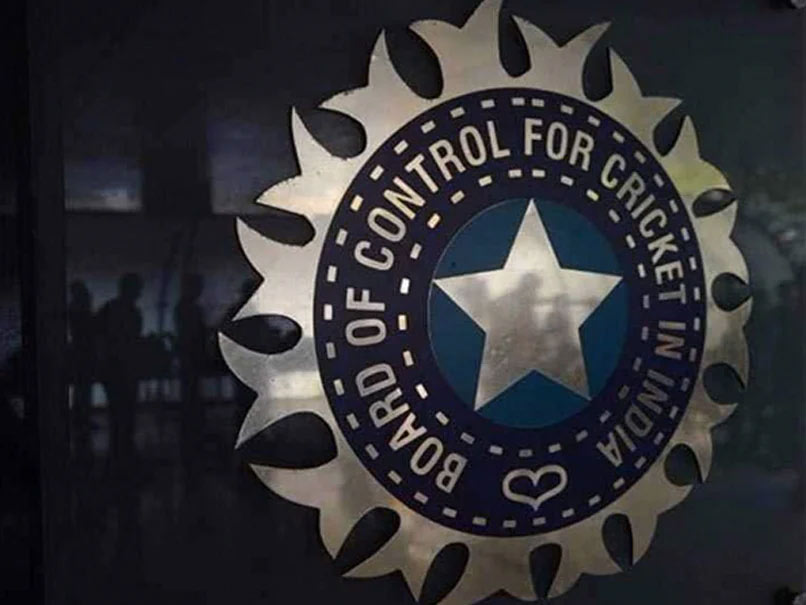15 Essential Event Planning Skills You Need to Succeed
kills
Whether you like it or not, negotiating contracts will be a major part of your job as an event planner. Venues, entertainment, food, your services, and more! You name it, it will probably have to be negotiated. Having the skills to do so effectively is what will make the difference between an average event planner and a spectacular one, and if you can consistently negotiate contracts in your clients’ favor, then you are well on your way to referrals and rehires.
Multitasking
As stated at the very beginning of this article, event planners are multitasking geniuses. Juggling multiple projects, deadlines, and assignments at once is all part of the job and essential for event success. Think about all the moving parts that take place at just one event. It’s the event planner’s job to orchestrate every detail to ensure it all comes together on event day. Staying on your toes, anticipating what has to take place next, and following up and through with your team is the name of the chaotic event game.
Leadership
By now, you should be aware of the amount of responsibility an event planner has. With immense responsibility comes a need for leadership and delegation. Directing multiple teams composed of differing jobs and personalities is not an easy task, and it’s not for someone who cannot confidently lead. Leadership is a trait that comes naturally to many people, but for those who do not feel comfortable doing so will definitely have to work hard on the skill to improve.
Think of an event planner like a conductor in an orchestra. The conductor is leading the orchestra as one, while still directing and helping each individual section. The members of the orchestra look to the conductor often for cues and commands, and would slowly but surely, depending on the skill of the orchestra, fail without him. Event planning is one in the same, but the conductor in this case is the event planner.
The important event planning skills that they don’t tell you about
True learning is done best through experience. Diving in headfirst, not being afraid to fail, and picking up as many skills as you can along the way is the best way to become excellent at anything.
It takes time. Greatness isn’t built overnight.
It’s true, and no matter what the situation may be, absorbing wisdom from those who are far more experienced and wiser than you proves to be an unparalleled way of learning.
Although the skills we previously went over are a fantastic foundation every event planner should possess, you’re definitely going to want to hear the nitty-gritty advice from those who were once in your shoes.
To get you on the fast track for success, I asked experienced event planners who know a thing or two about what it really takes to be successful in the industry.
Here’s what they had to say:
Emotional detachment
"This is the skill needed that’s needed most when things are not going to plan. How you handle the situation sets the pace and tone for resolution of the problem. Keeping your emotions under control is essential in managing an event. Showing anger, frustration, and blame doesn't get the problem solved, nor does it motivate the teams that are working hard for you.”
- Marla Harr, Founder & CEO, Business Etiquette International
Understand that it’s what the client wants, not what you want
“At the first meeting with the client, the event planners should ask as many questions as possible to draw a ‘perfect event’ picture in their heads so they have a clear understanding of exactly how the client imagines the event.
In other words, event planners need to focus on the clients’ needs and understand what they truly want. It’s even more than reading someone’s thoughts. As a result, the event is successfully planned and run according to the vision and expectations of the client, even if it doesn’t match with the vision and ideas of the professional planner.”
- Anna Bessonowa, Director of Operations, Magic Day Luxury Experiences
Handle difficult people with ease
“Having the ability to deal with and manage a huge range of personalities, including the most difficult types, like those who are panicking, highly strung, or just downright dramatic without offending them or letting them suck all your time and energy. When everyone else is panicking, this is a skill that all successful event planners either naturally possess, or develop very quickly.”
- Polly Kay, Senior Digital Marketing Manager, English Blinds
Never stop learning
“The event industry is constantly evolving, and it's a necessity to learn on-the-go. Trust me, managing events becomes a lot easier if you have a willingness to learn and can do it quickly. Listening, absorbing, and applying knowledge in the moment makes you a highly valuable team member that is always attentive to the little details.”
- Christine McDowell, Event Marketing Manager, Seismic
Optimism
“There is no such thing as a perfect event. If something goes wrong, it is your job as an event planner to stay calm and think of the best possible solutions. The last thing the team needs during a time of distress is a negative leader who can only see the major problems and is unable to find ways to get to the solutions. You must lead by example and always look at the positives. The right attitude will keep your team on track and in the right mindset.”
- Elandas Miller, Founder & CEO, Kicking It Sports
TIP: Planning an event is a lot of work. Check out the best event management platforms to help you keep every little detail organized and on track.
Keep refining your skills
If one thing is clear, it’s that the event industry is evolving at a very fast pace. Successful event planners are able to keep up because they never stop learning and building upon their skills. Having a strong foundation composed of the core competencies listed in this article will set you up for success. Just remember, to always ask questions and learn from those more experienced than you as It will be the edge that sets you apart in the industry.



)





